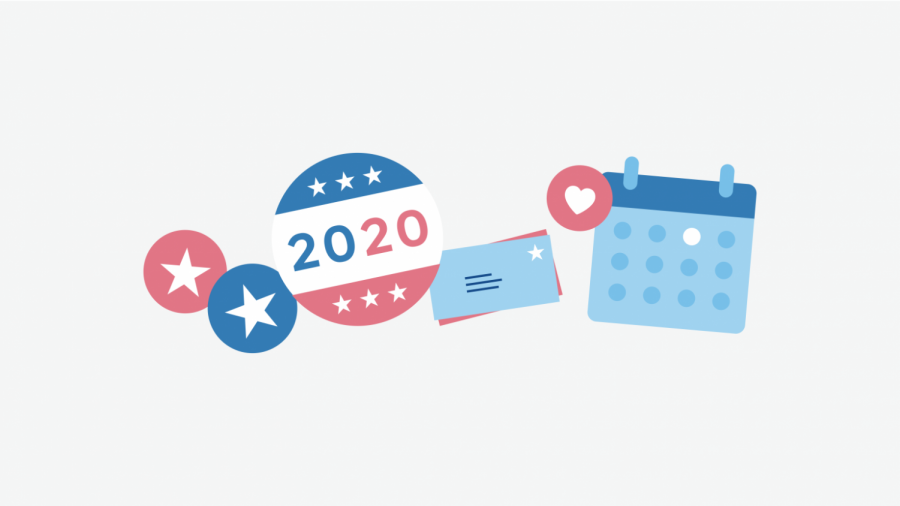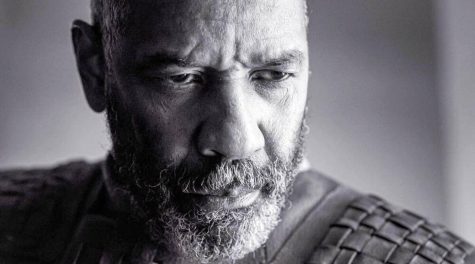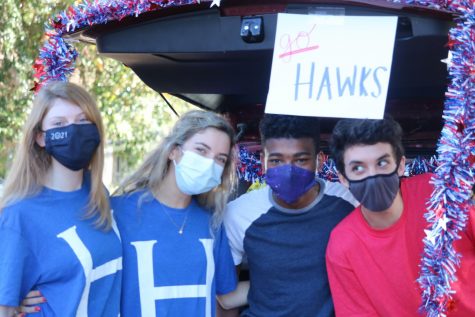The Politics of Gen Z
It is no secret that young people are some of the most politically interested and engaged. Yearly, I have the opportunity to witness this engagement at the YMCA’s Youth in Government (YIG) program. Lately, however, this extracurricular has not piqued my interest as much as the ways in which the young people I meet there have engaged with 2020’s heightened political culture. Recently, kids from YIG have marched at Pro-Life events in D.C., Black Lives Matter events locally, organized Climate Initiatives, and launched podcasts which present a teenage perspective on all things politics. What I believe to be most refreshing, though, is that many of the friends I have made at YIG disagree with me partially or completely—and this doesn’t hinder our ability to set politics aside and appreciate the things the make us similar.
Recently, Youth in Government offered me a unique opportunity to collect data on youth engagement in American political culture. The data from the survey is creating a voters’ guide for the YMCA itself, but independently from this YMCA project, the data is still intriguing to consider. It is important to note that the data sampling is not random and consists almost entirely of students who live in suburbs of large South Carolina cities, predominantly Greenville and Charleston. Yet, of those surveyed there is only a 1% difference between those who consider themselves Democrats and those who consider themselves Republicans. Most interestingly, though, 35% of the students surveyed wished to elaborate on their political views rather than being lumped into a party. This trend seems to indicate that young people are tired of the confines of the partisan system, and wish to express political leanings beyond the traditional Red v. Blue. In fact, it seems to me that the recent mudslinging on both sides of the aisle, highlighted by media companies which profit off of political drama, is a major factor in young people’s rejection of the traditional political confines. The current teen conscience seems to be summed up by one person’s response:
“I am not a radical in any direction, rather I see the pitfalls of partisanship and decide to come up with my own ideas pertaining to my political stance, and support the candidates that best advocate these ideas.”
It is this specific nod to the “pitfalls of partisanship” which I find so fascinating. Unlike other generations, who wear their political parties on their chests, Gen. Z seems to find political identity much more fluid. In fact, I believe it is the older generation’s attitude towards politics that has led to this fluidity.
Generations past have historically attached themselves intimately to their political parties. Democrats like Lyndon B. Johnson, and, more recently, Barack Obama, are admired and revered among the Democratic establishment. Likewise, Republicans love Ronald Reagan—so much so that you can still buy Reagan/Bush ’84 memorabilia, years after both of their deaths. Most notably, though, past generations tend to dislike people with opposing views – there is a reason the phrase “don’t talk about politics at the dinner table” originated. The current consensus among young people is that the American political culture is incredibly hostile (97% of those surveyed agreed with that statement). This divisive sentiment is pushing younger people away from partisan politics – so much so, in fact, that 46% of those surveyed have many close friends with opposing political ideologies. Furthermore, 18% said that the majority of their close friends had different political views. To me, this attitude is incredibly encouraging, and points towards a bright, productive future for American politics. If there is a future America where we do not hate those who disagree—where we do not desire destruction of a specific party over American productivity—then, we can be truly successful.
One thing is for certain: if current partisan hostility persists, America’s biggest threat is not Iran, nor Russia, or China, but America itself. Come this November, America will vote for president. If there is one thing that this writer would say, it is that America’s potential is not dictated by who wins the White House, but rather by how those who do not win interact with the presidency and their party.











Kayci Brazell • Oct 22, 2020 at 8:06 am
I am a little biased but this is SPOT ON!!!! I wish more adults could see the world as you do!
Noah Miller • Oct 21, 2020 at 11:36 pm
I participated in the aforementioned survey. Great selection and choice of questions, and great analysis by writer Merritt Brazzell.